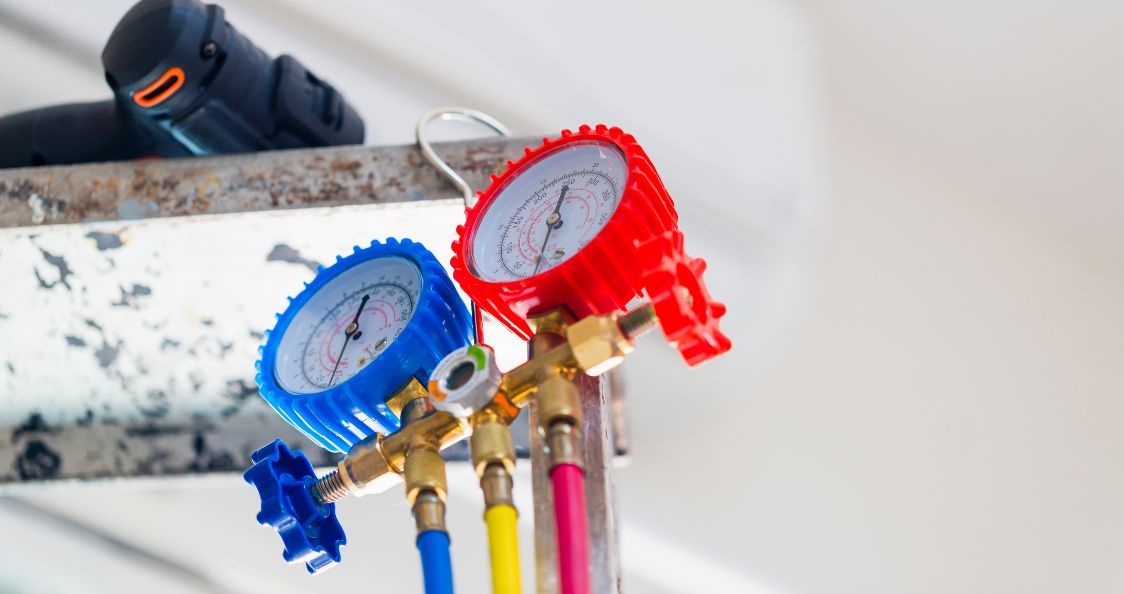
How Does a Compressor Work on My Air Conditioning Unit?
Have you ever thought about how your AC produces cold air when it’s extremely hot outside? If we tell you that it’s all thanks to the compressor, then you’ll proceed by asking – how does a compressor work on my air conditioning unit? And this is a very reasonable question to ask.
Unheralded yet essential, the compressor is the brains of your air conditioner. Learning the operation of a compressor is fascinating and crucial since your comfort is riding on its tireless effort. Here, we’ll examine the many kinds of compressors and their processes, as well as the essential role they play in air conditioners to make your cool haven possible.
Understanding the Compressor’s Role in Air Conditioning
You need to understand how the compressor works in order to learn how your air conditioner manages to keep you cool. Imagine your compressor as the heart of your air conditioning unit – it’s that element that circulates and pressurizes the refrigerant, enabling the transfer of heat and ultimately cooling your space. Let’s take a closer look at what it accomplishes.
Circulation & Pressure
The compressor in your air conditioner unit starts the process by compressing the refrigerant gas, which increases its pressure and temperature. The compressed and heated refrigerant then flows from the compressor into the condenser, where it releases its heat to the outside environment. This step enables the refrigerant to absorb the heat from your indoor air and lead it to cool your space.
Maintaining the Pressure Differential
To ensure the refrigerant moves efficiently and heat transfer occurs smoothly, the compressor maintains the necessary pressure differential between the evaporator and condenser coils. Without this differential, the refrigerant won’t flow properly, and your unit will be unable to pump the coolness you depend on during hot weather.
Ultimately, taking care of your air conditioner compressor will ensure the overall health of the entire system. Avoiding routine inspections can result in the necessity for unnecessary repairs or replacement of the many issues that compressors may cause when no maintenance is done.
How Does a Compressor Work?
When you turn on your air conditioner, the compressor goes through a few crucial steps. Let’s take a closer look at each step to help you better understand how it functions.
Intake Stage
- At first, your air conditioner’s compressor performs the function of a massive vacuum.
- It takes in vaporized refrigerant from the unit’s evaporator coils.
- The vapor is ready to go to the next stage of its trip since its temperature and pressure are both low right now – just like taking a deep breath in before releasing a forceful breath out.
Compression Stage
Well, the compression stage is where the compressor of your air conditioner does its magic, that is, it reduces the volume of the refrigerant vapor. Let’s dissect it further:
- Several types of compressors use reciprocating pistons or revolving blades to decrease the volume of refrigerant vapor.
- When the volume of the vapor decreases, an increase in pressure and temperature occurs. This crucial rise is analogous to how pinching a balloon causes the air inside to heat and become pressurized due to reduced available space.
- Through the perpetual rotation of helical screws, rotary screw compressors accomplish this. Pistons produce a pulsating motion in contrast to a reciprocating compressor.
Discharge Stage
After compression, the gas must enter the surroundings at high pressure and temperature. This is the crucial step that sets the stage for the efficient transfer of heat. Here’s how this goes:
- The exhausted gas discharges through a valve opening.
- At its current stage, the gas is still not in the best condition to efficiently cool your space. Thus, heating devices such as intercoolers and external systems come into play to help extract the excess heat content.
- This cooling function is necessary not only to provide you comfort but also to prevent the compressor from overheating or damage that could be due to wear.
Common Compressor Types Used in Air Conditioning Units
Naturally, different air conditioner units use different compressors, each with its own pros and cons. Let’s break down the three most commonly used types:
- Reciprocating Compressors. These compressors have piston and cylinder placements compressing the refrigerant. They’re often used for their reliability and capability to handle high pressure. However, they’re also noisy and consume more energy than any other type.
- Rotary Compressors. The unit used by rotary compressors is a spin mechanism, which is responsible for compressing the refrigerant. They are versatile, fuel-efficient, and far less noisy than other compressors. You’ll find them in all types of cooling systems – ranging from air conditioning units to high-efficiency ones.
- Scroll Compressors: Scroll compressors consist of two interlinked spiral spirals through which refrigerant passes. They boast high efficiency, reliability, and noise reduction. But most importantly, they’re highly durable, which is why many households and commercial air conditioning systems prefer them.
Compressor Capacity and Efficiency
Choosing the perfect air conditioning unit is all about selecting a top-notch compressor with the right balance of capacity and efficiency. So, what’s up with compressor capacity and efficiency?
Capacity refers to its ability to remove heat from a space and cool it down, that is, how many British Thermal Units (BTUs) it can remove from the air in an hour. Efficiency, on the other hand, is the compressor’s ability to cool your space while minimizing energy consumption.
When picking out a compressor, you need to consider its capacity in tons and BTU (British Thermal Units) per hour. Here’s the deal – choosing the correct capacity for your space guarantees you’ll have the best, most comfortable air. If the temperature is set too low, your space will remain warm, but if it’s too high, you’ll waste energy as your unit works overtime.
When you’re out shopping for a compressor, make sure to pay attention to the Seasonal Energy Efficiency Ratio (SEER) rating. Yeah, it might be a little more expensive initially, but the long-term energy savings make it worth the investment.
Common Problems With Air Conditioning Compressors
Think of your air conditioner’s compressor just like any superhero who may encounter some challenges. Here’s a simple guide to common compressor issues:
- Compressor Not Turning On. If your air conditioner isn’t turning on, it could be because of a finicky thermostat, a blown fuse, or a tripped circuit breaker. At times, they simply require a quick reset or replacement.
- Running But Not Cooling. Your air conditioner could be experiencing a refrigerant leak, a clogged filter, or a worn-out condenser coil. In such cases, it’s best to call in the professionals for a comprehensive check and repair.
- Loud or Unusual Noises. If your air conditioner starts making strange noises, it’s best to call in the professionals. Strange sounds coming from the compressor, fan, or other components require a thorough diagnostic and repair.
- Compressor Short Cycling. Is your compressor behaving like it’s on a roller coaster? Short cycling can occur due to a faulty thermostat, low refrigerant levels, or an excessively large compressor. Leave it to the experts to take care of the diagnosis and adjustments for a hassle-free experience.
Routine maintenance and care can prevent the majority of compressor faults. It’s good to clean or replace the air filters frequently, keep the outdoor unit clear of debris, and schedule your annual maintenance checkup with a technician once a year.
Get The Best HVAC Contractor in Sacramento, California
Finally, we’ve covered the answer to “How does a compressor work on my air conditioning unit?” by examining this essential component that brings cool air into your home. We have explored the integral part’s inner workings via the three phases of intake, compression, and discharge, revealing its simplicity and complexity.
If you carefully follow the maintenance tips for your air conditioner compressor, you’ll ensure that it stays a reliable friend in the heat and works at its best for many years. But if you need any help with picking an air conditioning unit, contact the HVAC professionals at Clarke and Rush.
In our role as a five-star rated Sacramento’s go-to home performance HVAC contractor, we promise never to compromise on the quality of service our customers expect. So why wait? Request an appointment today and have a cool house all summer long!
Other Blogs You May Be Interested In
Categories
- About Clarke & Rush (2)
- AC Repair (1)
- AC Replacement (8)
- AC unit Maintenance (14)
- Air Quality (3)
- Boilers (1)
- Commercial HVAC (4)
- Commercial Plumbing (2)
- Furnace (3)
- Furnace Maintenance (2)
- Furnace Repair (4)
- Green Homes (3)
- Gutter Repair (1)
- Gutter Replacement (5)
- Heat Pump (1)
- Home Energy Tips (3)
- Home Improvement (6)
- HVAC (17)
- HVAC Replacement (7)
- Insulation (3)
- Kitchen Plumbing (2)
- Plumbing (4)
- Plumbing Problems (9)
- Reducing Energy Costs (6)
- Repiping Services (3)
- Residential HVAC (48)
- Residential Insulation (4)
- Residential Plumbing (33)
- Residential Windows (6)
- Sewer Line (2)
- Uncategorized (10)
- Water Heaters (5)
- Water Line Repair (1)
- Water Treatment (1)
- Window Installation (8)
- Window Instllation (2)
- Window Replacement (7)
- Windows (8)



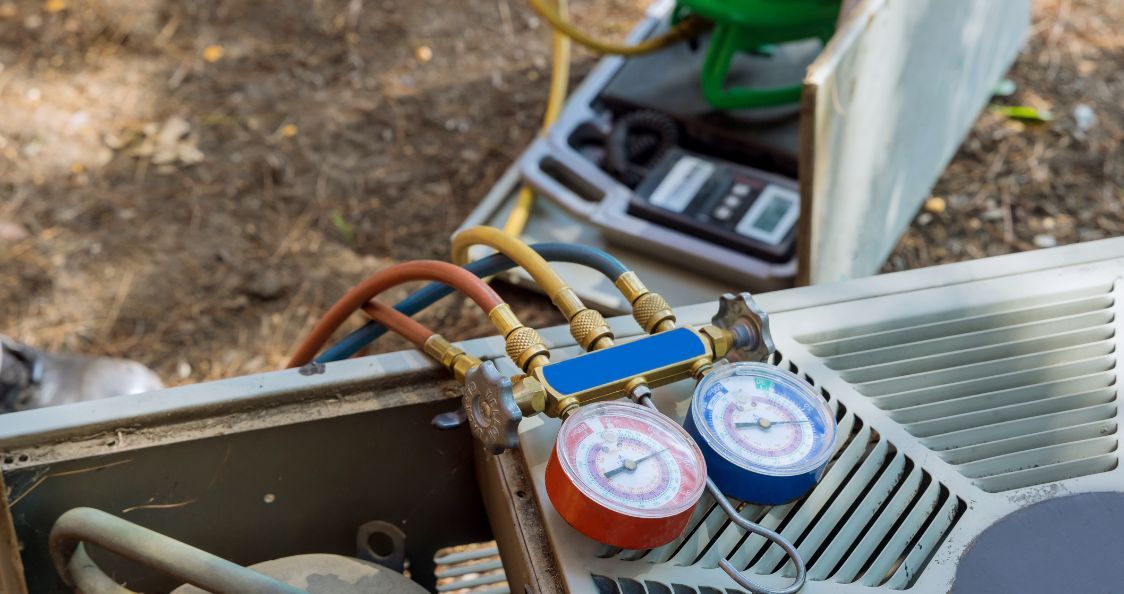

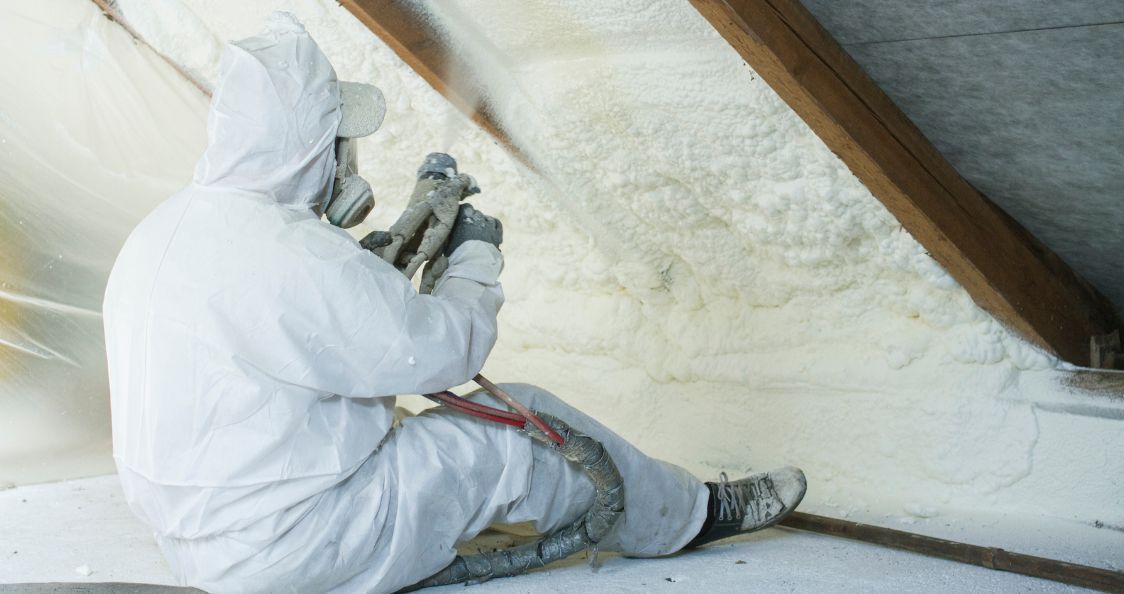




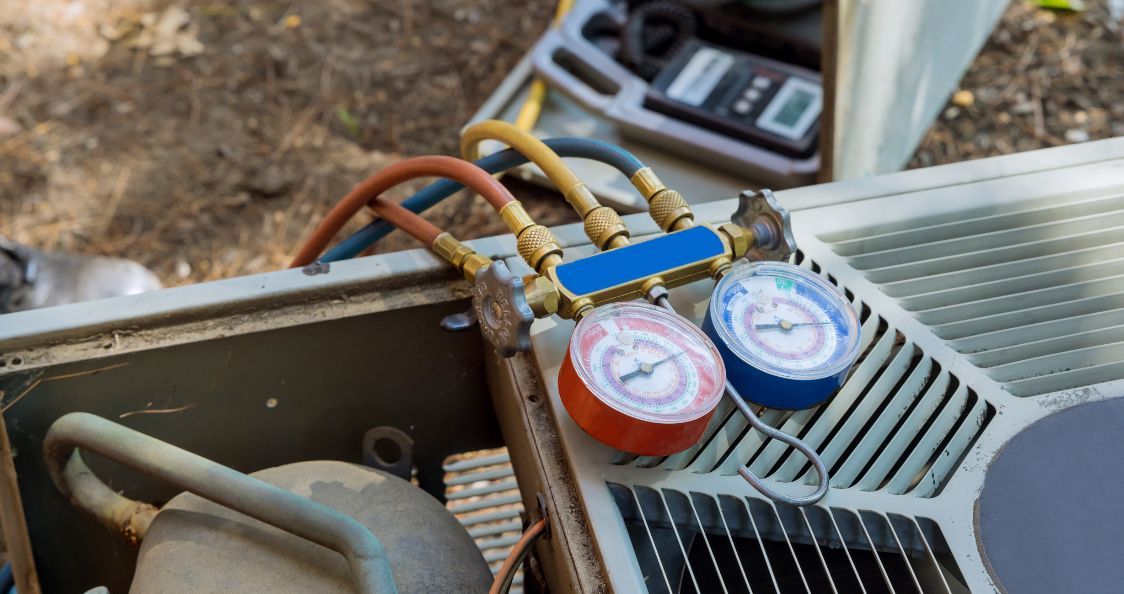

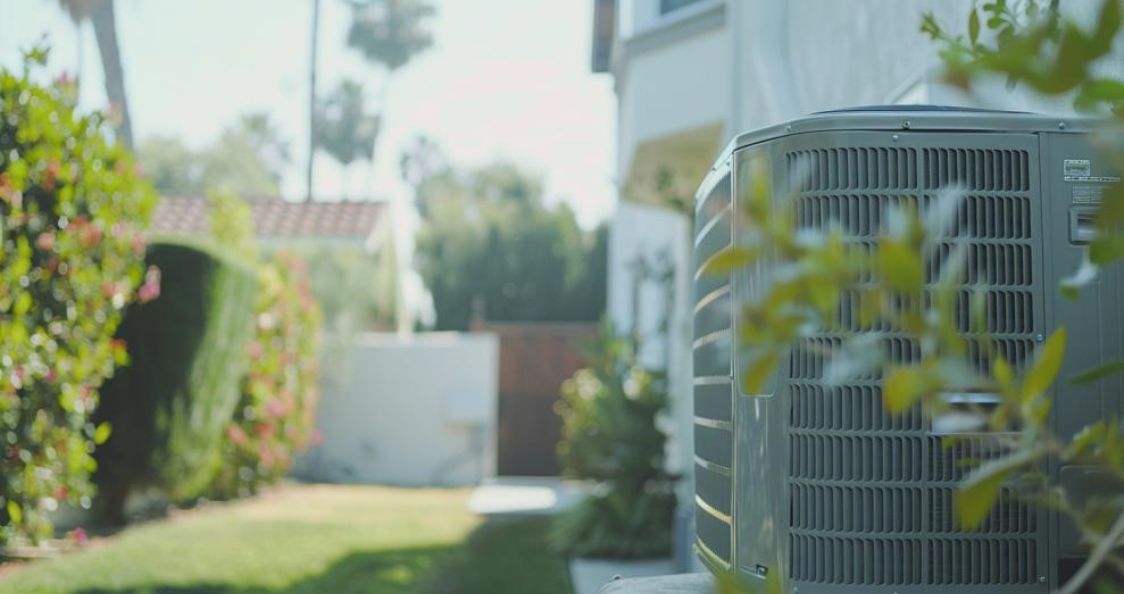
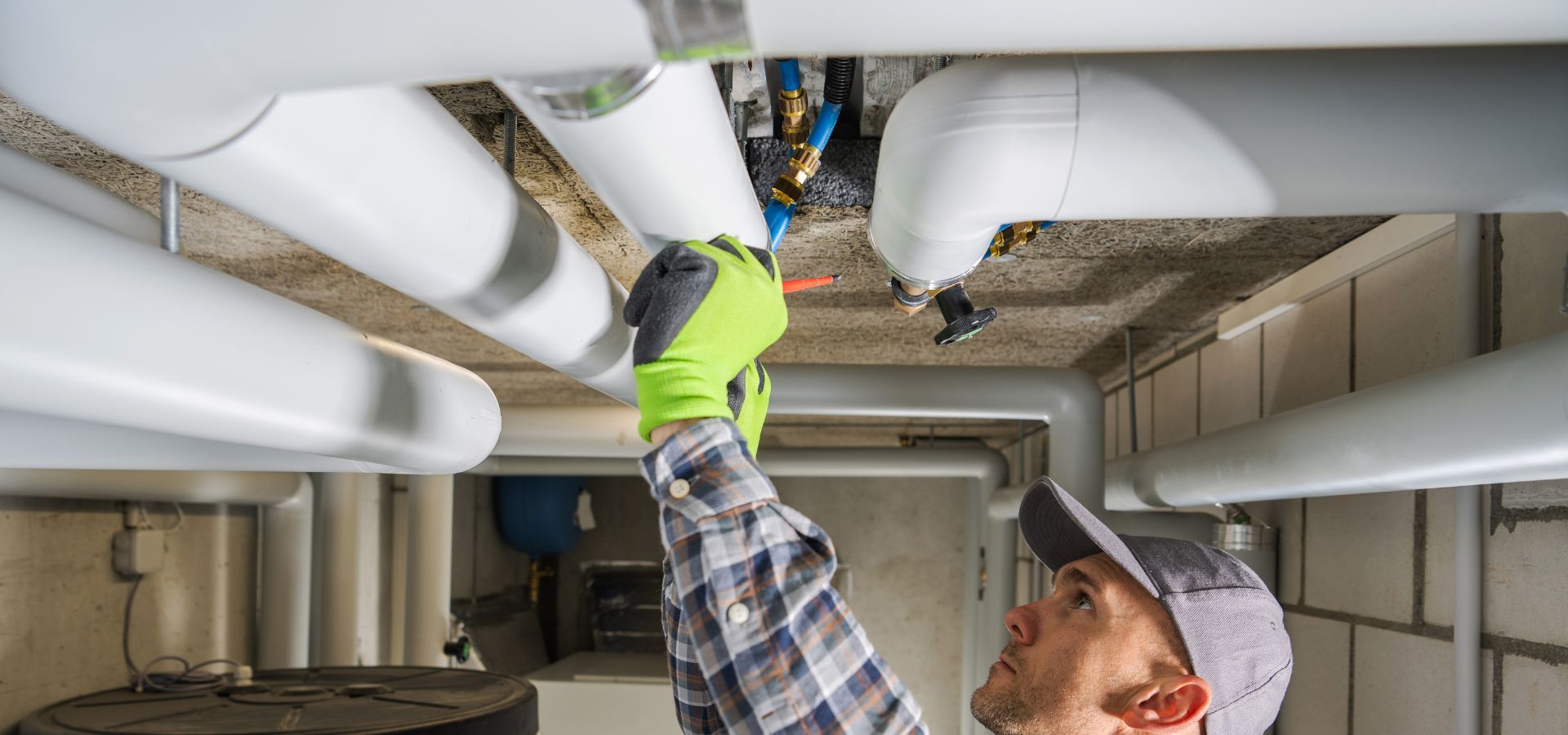
Leave a Reply